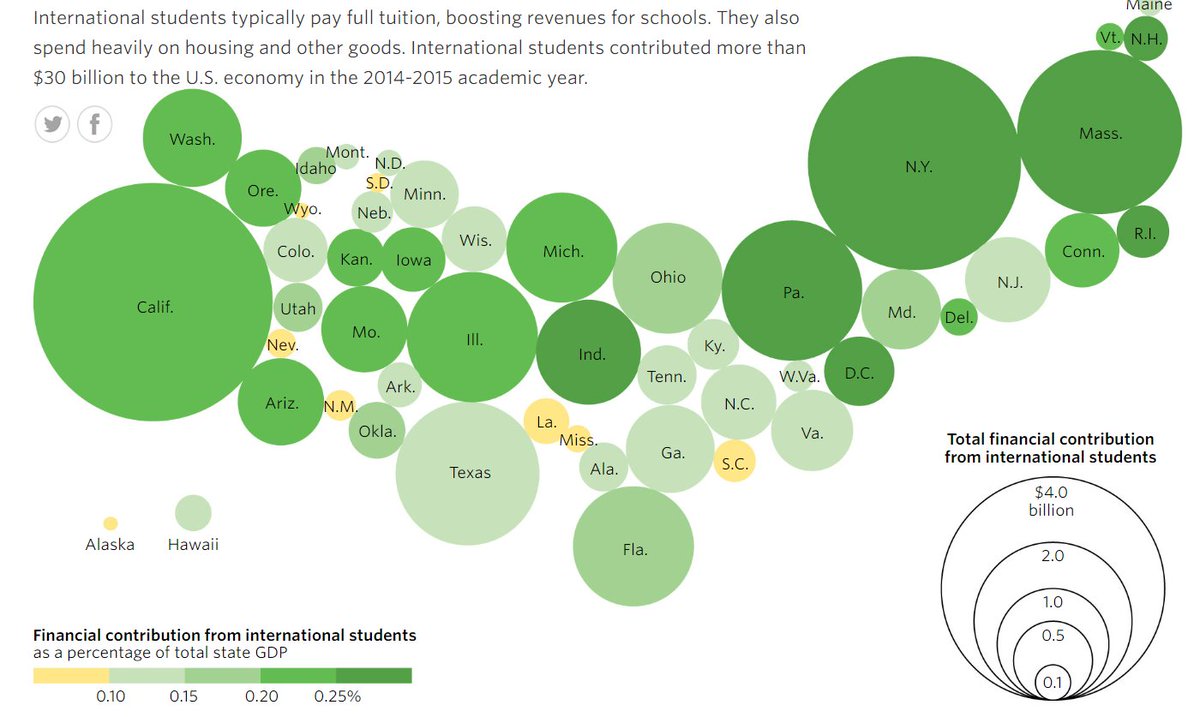
Short answer: yes. Long answer: 🧵
https://twitter.com/LDHerrine/status/1447906115648475139
Politics and social science disciplines do not evolve independently of one another. Since econ became hegemonic in non-macro policy fields (70s), we see a recurrent dynamic.
When disciplinary knowledge tends to point in a particular political direction, but some people within the discipline would like it to point in a different direction, they will eventually develop new methods/approaches/schools of thought that tend to lean that way.
This is not to suggest that individual studies are politically motivated. It’s more that a dissatisfaction with existing answers leads to a search for new approaches that will provide different ones.
This dynamic at least partly explains the origins of the credibility revolution in econ. Econ became hegemonic in social policy in the late 60s/early 70s, in part because it helped tame the more radical aspects of the Great Society.
(Condensing a lot there, just go with it for now.)
In the 70s, RCTs became the gold standard for social policy intervention. Nonexperimental evidence was easy to dismiss as not demonstrating causality. This made it hard to provide a strong argument for government interventions not amenable to RCT.
This is the backstory to the CR. Ashenfelter, who worked in the Dept of Labor in early 70s, wanted better tools for identifying when government interventions worked in the context of a political environment that was heavily weighting RCTs.
https://twitter.com/arthurbnetto/status/1447739747007348737
When these tools were actually developed and deployed 15+ years later, they did in fact often provide such evidence – e.g. on returns to schooling or the effects of minimum wage.
And they made it easier to advocate for a particular set of interventions than it was before. You don’t need an RCT, and you can’t just handwave and say it’s all selection (schooling), or just point to theory (min wage).
(Aside: An analogous case is the role played by game theory and, later, work on labor market monopsony in antitrust policy.
In both cases, you have approaches that are appealing in part because they point to a different set of political options than the status quo ante (Chicago price theory).
They are also appealing for internal disciplinary reasons, as was the CR; there are always two games being played here at once, per Abbott.)
Luke’s q, though, is about whether the CR “reinforced the hegemony of neoclassical econ, forestalling deeper methodological and political reckonings.”
On one level, yes. The CR doesn’t challenge the core of econ and so by introducing methods that open new political options without upsetting econ hegemony more generally, it reinforces it.
And it’s still pretty politically limiting: the kind of policy effects you can consider are narrowly defined, and you are confined to evidence that is acceptable in disciplinary terms.
New approaches provide sort of a steam valve, so that emerging interest in political options incompatible with the disciplinary status quo doesn’t have to lead to loss of disciplinary influence or legitimacy.
But this is an inevitable dynamic. If the underlying q is whether the absence of a CR would have led to either greater political change or to the loss of econ hegemony, I don’t see any real reason to think so.
Without the CR, some other econ-compatible approach that could accommodate more interventionist tendencies would have developed instead.
IMO, the only thing that would produce loss of econ hegemony is enough change in the political environment that you can’t accommodate it sufficiently within the bounds of a neoclassical discipline. That is, the release valve stops working.
That might result from movements that create enough change that people in policy spaces become open to other disciplines using evidence in ways seen as illegitimate from inside econ.
Or it might be produced by generational change within the discipline: younger scholars find that the disciplinary core is insufficient to address their concerns about the world, and invent new ways to think about problems.
Until then, this gradual back-and-forth within the discipline will continue, which may at times facilitate progressive policy change, but has fundamentally (small-c) conservative effects. /fin
• • •
Missing some Tweet in this thread? You can try to
force a refresh





